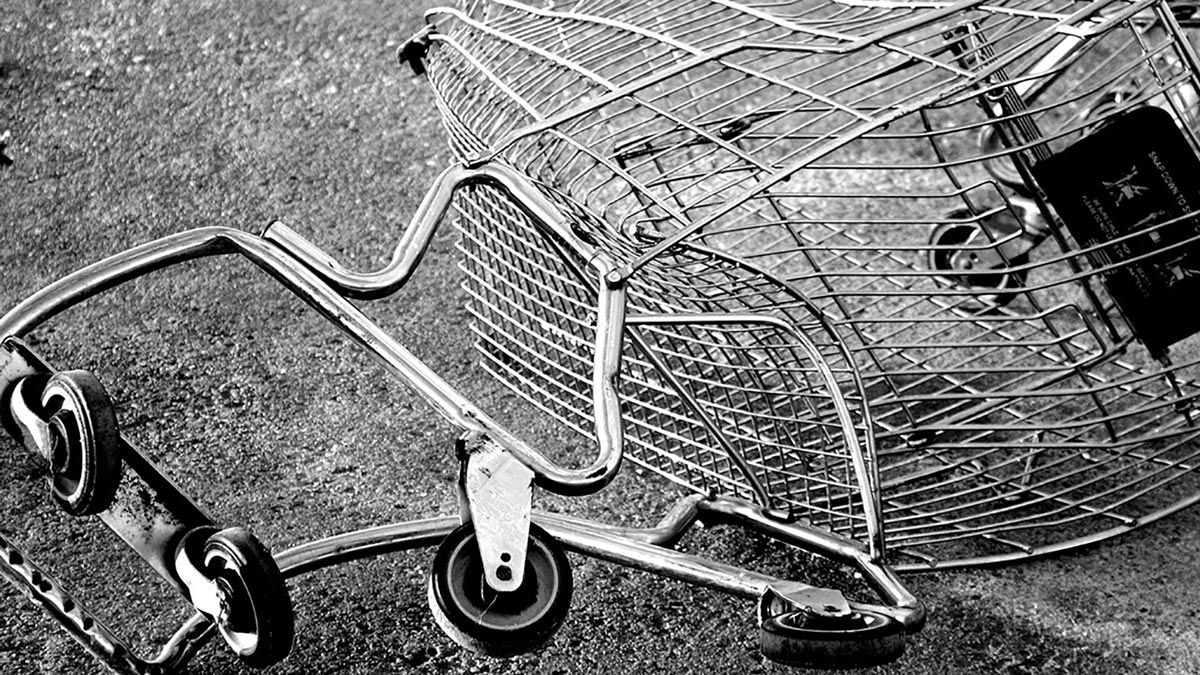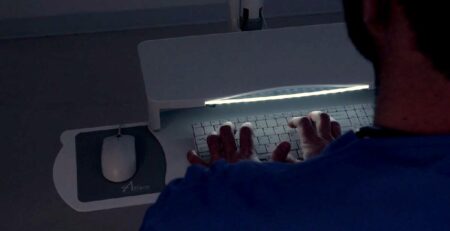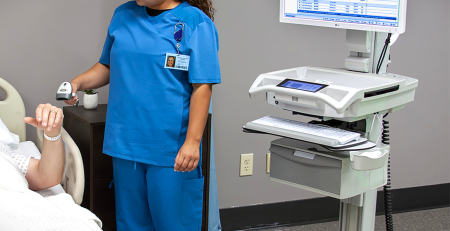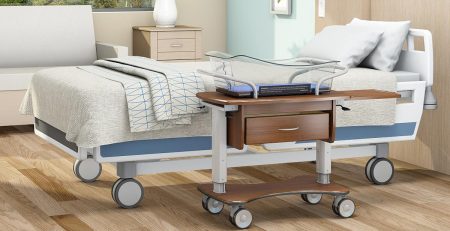Buyer’s Remorse – Making An Educated Decision
We all experience buyer’s remorse at one time or another. It rears its ugly head when the product or service did not live up to its expectations. Now you are stuck and often have no recourse to rectify the situation. Let’s move that same scenario into the workplace.
What happens when you are charged with making a capital investment buying decision? Your facility and possibly even your career cannot afford for you to have buyer’s remorse. Imagine making a multi-million dollar investment only to not have clinicians properly use the system. GULP! Tt happens especially when a system champion moves onto another project or another department.
After more than 30 years in the business, we have heard many buyer remorse stories
Computer Carts: There are occasions when we lose a sale due to price and when that happens, we often wonder if ROI is truly getting measured or was it simply based on price. In a recent conversation with a new customer we learned we lost the bid because of price and now a year later they were calling to have us re-quote some new carts. They quickly realized the carts they purchased were falling apart not even a year later. Clinicians were complaining about broken drawers, difficulty pushing around, and wheels getting wobbly. Remember how it feels to get that shopping cart with an off wheel? Imagine pushing a cart with wheels that do not operate the way they should. Maddening!!!
Infrastructure: Another time, we found a hospital that made a significant investment in an infrastructure that was not operational. WHAT? The company that sold the system did not ask all the questions up front and then did not follow thru on servicing the system after the sale to ensure that it was operating appropriately. Sales at Convergint, especially ugly system sales are not one and done! We offer ongoing support years after the initial installation to insure it is operating and delivering to your expectations. Is that why we have the first patient security system we installed 20 years ago still operating successfully?
“Purchasing reliable equipment should not create buyers remorse especially when you work with a trusted vendor who has a solid reputation within the healthcare industry.”
Wooden Bassinet: In a recent visit to an OB unit, we saw some well-worn bassinets and assumed they were very old. Upon further questioning, we found they were not that old, but were becoming gummy because the finish could not withstand the chemicals used to sanitize them. Again, asking questions is what we do, and what we do well. Since they did not realize the wood finish would not hold up, they are now stuck with these bassinets and should Joint Commission inspect, they could face an even bigger issue with non-compliant bassinets.
Making a decision on purchasing the right capital equipment is no easy task! Typically, one does their homework researching the needs of the clinicians, brands, options and gathers an understanding of the workflow involved. Then they talk to various vendors to find a company that will deliver the product that fits these needs. More complex require even more questions and many of those should come from the vendor, a consultative-educational approach is critical, especially with all the new technologies that are disrupting the marketplace.
When your facility is standardized on equipment, like many are, there may not be many options to choose from. Fortunately, our 30-year reputation in the marketplace has afforded us an opportunity to get signed Master Sales and Service Agreements (MSSA) into place for many IDN’s. Meaning that doing business with us is still an option.
Either way, purchasing reliable equipment should not create buyers remorse especially when you work with a trusted vendor who has a solid reputation within the healthcare industry. Our next blog is our buying guide on what questions to ask so that you can avoid buyer’s remorse when making your next capital investment.
Medical Equipment & Healthcare Solutions
Connect with Convergint at (800) 968-3135 to learn more about our commitment to delivering exceptional results to our customers through unparalleled customer service.

















